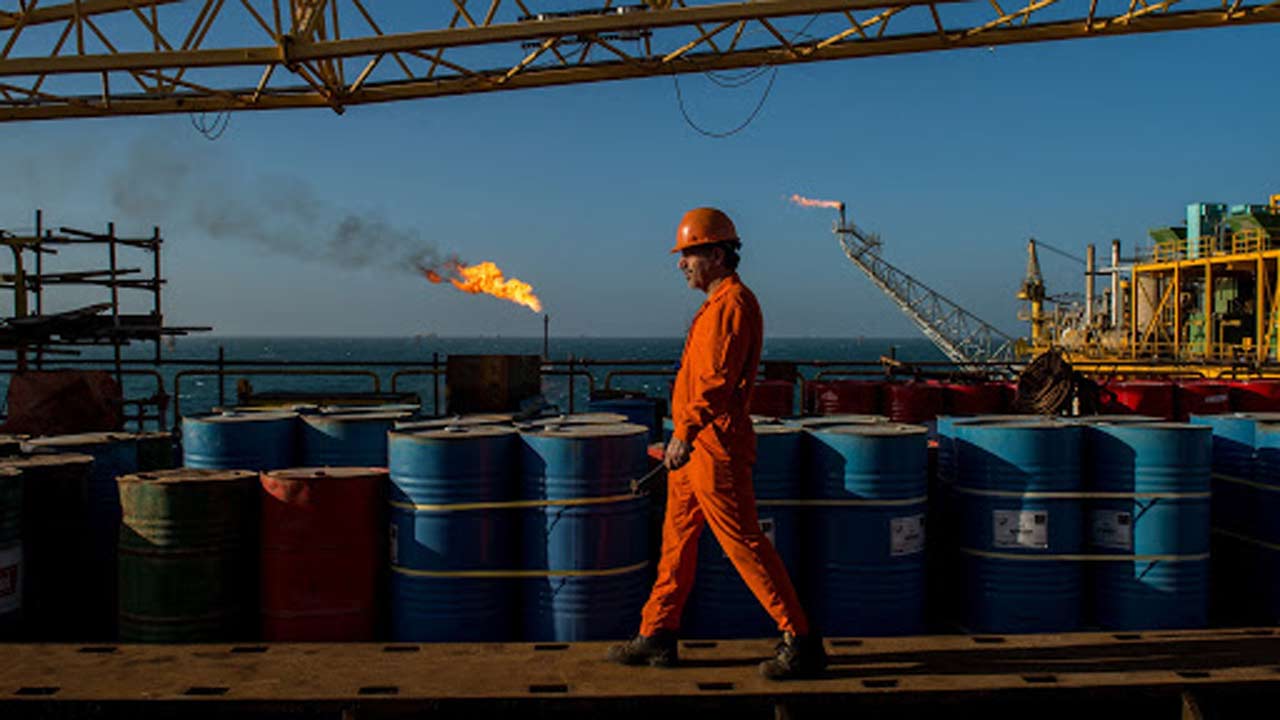Despite crude oil prices falling to $36 per barrel in the last few days, Premium Motor Spirit (PMS) is still being sold at between N159 to N162 per litre across the country, by petroleum marketers.
This is in sharp contrast to the swift action that they take whenever fuel prices are adjusted upward due to the movement of oil prices in the global market. With the market already deregulated, marketers are solely responsible for price determination.

In August, when the price of crude climbed to $45.40/barrel, the pump price of PMS in the country rose to between N159 to N160 per litre, and has remained same although crude oil price has steadily dropped to about $36 per barrel.
Although the international market price for Reformulated Blendstock for Oxygenate Blending (RBOB) gasoline was slightly up at the close of market on Friday, the price change over selected period in October showed as much as 12.43 per cent reduction.
In line with the monthly templates hitherto adopted by the Petroleum Products Pricing Regulatory Agency (PPPRA), consumers were hoping that fuel prices would be adjusted for this month (November) to a retail price band of N143-N145/litre, which was the case when oil traded within the same margin in June.
In June when oil traded between $40-$42 per barrel, the PPPRA announced a new retail price band for oil marketers for the month of July. It was within the price range of N140.80 and N143.80.
Indeed, at $37.31 per barrel for Nigeria’s Bonny Light and $37.46 for Brent Crude as at last Friday, Nigerians were hoping that the price of petrol would drop to the July benchmark, or even lower for this month.
Oil prices hit a five-month low as COVID-19 cases climb, new lockdowns put in place, and reports emerged that the Organisation of Oil Producing Countries (OPEC) may not maintain its production cut in 2021.
However, as experienced whenever prices are adjusted to a lower band, marketers are insisting that the price may remain high since the products that are on sale were ordered months ago, and are expected to last for at least 60 days.
The Minister of State for Petroleum Resources, Timipre Sylva, had said that market forces determining prices of petroleum products was in line with global best practices, adding that government would continue to play its traditional role of regulation to ensure that this strategic commodity was not priced arbitrarily, by private sector suppliers.
But most stakeholders are worried that marketers have retained the higher price band since the Federal Government handed the right to determine prices to them.


